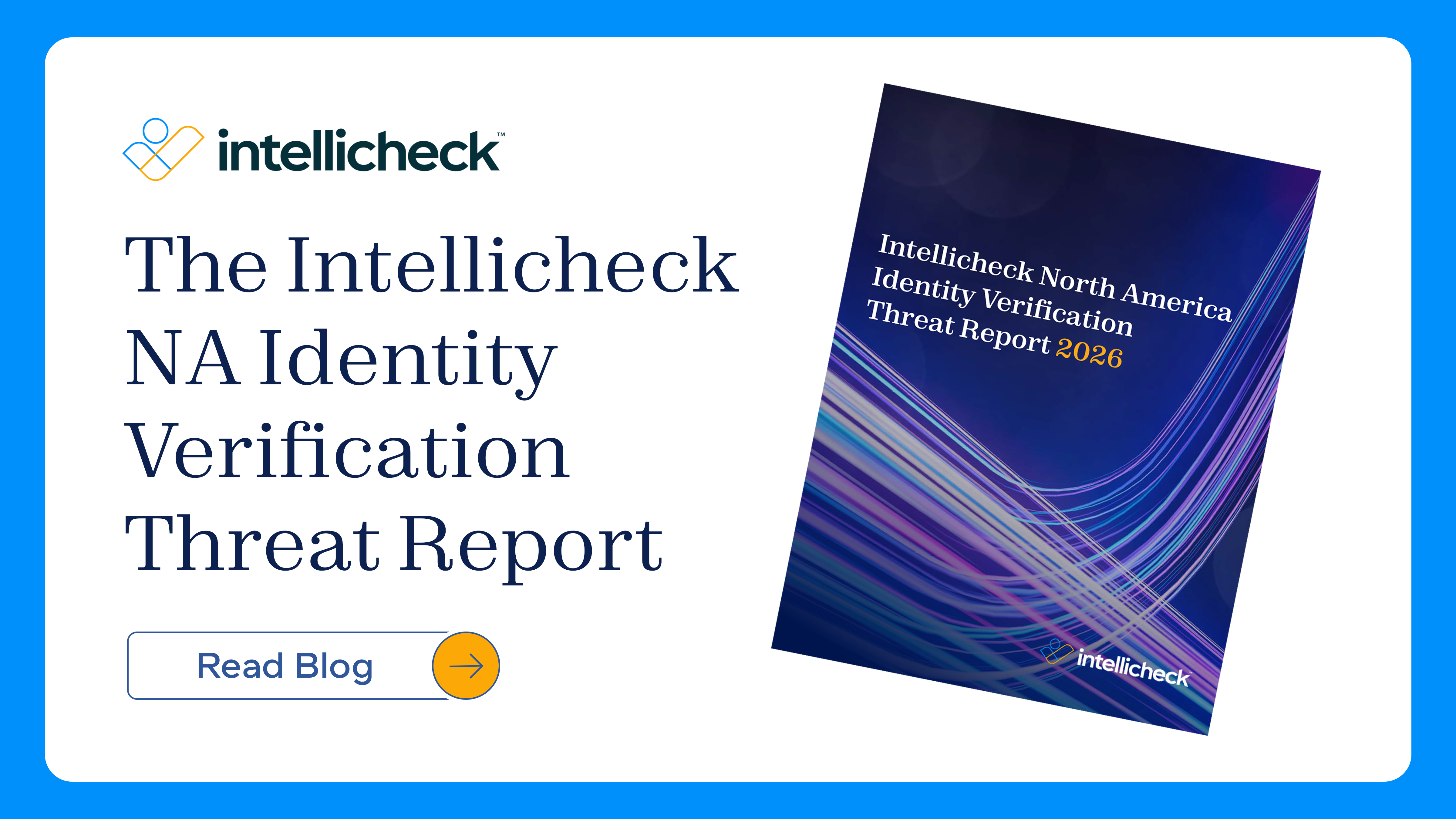Preventing cargo theft by identifying and preventing driver impersonation
Cargo theft has reached an all-time high, costing supply chains up to $35 billion annually.1 In 2024, the trucking industry alone experienced an unprecedented number of cargo thefts, increasing 27% over the previous year with the average theft rising to $202,364.2 And cargo theft doesn’t only hurt truckers, logistics companies, and shippers—it can directly impact consumers by raising the cost of goods and disrupting supply chains. Fraudulent drivers can also pose a security risk to warehouse and distribution facilities and employees.
Cargo Theft Fraud Schemes Rely on Driver Impersonation
Fraud schemes have become more sophisticated and often involve scammers using fake or synthetic IDs to pick up, misdirect, or gain access to entire truckloads. For instance:
Driver identity theft involves stealing or fabricating IDs using a legitimate driver’s or employee’s identity, and then assuming the identity to gain unauthorized access to facilities or bypass security protocols.
Fictitious pickups occur when thieves impersonate legitimate drivers from authorized carriers using fake IDs to pick up cargo from warehouses or distribution centers.
Strategic theft entails criminals using fake IDs to create fraudulent accounts with brokers or carriers, which then allows them to book shipments that are then misdirected and/or stolen.
How ID Verification Can Reduce Cargo Theft and Facility Security Risks
Cargo fraud that relies on fraudulent IDs creates significant financial losses to trucking and logistics companies, as well as introducing security risks to facilities and employees. Logistics industry research has estimated that 1 in 20 driver IDs are fake (4.7%), with expired or otherwise invalid IDs representing an additional 1.2%.3
The stakes are high, so how can companies combat cargo theft? By identifying and preventing driver impersonation. Training employees to recognize fake IDs and suspicious behavior is a start, but criminals are sophisticated, and fraudulent IDs are nearly indistinguishable from the real thing—counterfeiters use holograms, barcodes that will scan, laser engravings, and the right materials to fool even the most seasoned inspector—which is why the black market for fake IDs continues to surge. Complete stolen identities with PII are available on the dark web for as little as five dollars.
While confirming the phone numbers of brokers and carriers using SAFER can ensure that the number provided by the carrier/broker matches the number posted, it doesn’t confirm that the driver taking the load is the person they say they are or that their driver’s license is still valid—that requires a greater level of identification verification, one that doesn’t rely on manual inspection or merely scanning a barcode printed on an ID.
That’s why Intellicheck goes further. Our seamless, real-time ID verification service prevents the unauthorized use of IDs to stop identity-based fraud. Unlike other verification systems, Intellicheck uses a unique and proprietary analysis of DMV-issued IDs to create trusted, real-time driver identity verification experiences, and to help prevent cargo theft, reduce financial losses, and create more secure logistics facilities.
Explore how Intellicheck can help stop cargo theft and driver impersonation. Learn more at intellicheck.com.
Footnotes
2 Verisk



.png)



